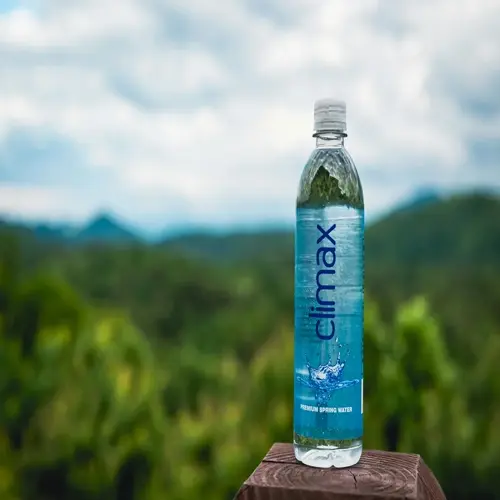Which fruits offer the strongest antioxidant protection?

Written by
Robert Kelly
Reviewed by
Prof. Graham Pierce, Ph.D.The special punicalagin compounds contained in pomegranates offer powerful protection against oxidative damage due to their antioxidant properties. These tannins are beneficial because they protect LDL, or "bad" cholesterol, from oxidation, thereby inhibiting plaque formation. Studies show that pomegranate juice significantly increases the antioxidant capacity of the blood. I recommend adding the arils or seeds to salads for added benefits.
Pomegranates
- Punicalagins reduce oxidized LDL cholesterol
- Ellagic acid protects against DNA damage
- Anthocyanins lower inflammatory cytokines
- Unique compounds inhibit NF-kB inflammation pathway
Berries (Blue/Black)
- Anthocyanins cross blood-brain barrier protecting neurons
- Resveratrol activates longevity pathways
- Ellagic acid prevents carcinogen activation
- Proanthocyanidins strengthen capillary walls
Citrus Fruits
- Vitamin C regenerates other antioxidants
- Hesperidin improves blood vessel function
- Naringenin enhances DNA repair mechanisms
- Limonoids detoxify carcinogens in liver
The anthocyanins in berries provide brain-specific protection. Blueberries enhance the cognitive function of older individuals. Blackberries contain ellagic acid, which inhibits DNA mutations. Freeze-dried berries offer a concentrated source of these protective substances. I add these to my morning smoothies for a daily defense.
Citrus flavonoids are synergistic with vitamin C. Oranges contain hesperidin, which improves circulation. Grapefruit contains naringenin, which enhances detoxification. Eat the whole fruit rather than just the juice to maintain its natural fiber. I eat the fruit segments with white pith to obtain the maximum amount of bioflavonoids.
How foods are prepared affects their antioxidant availability. Freezing berries causes their cell walls to rupture, which increases the release of anthocyanins. When pomegranate is fermented into vinegar, it concentrates the active ingredients. Avoid cooking at high temperatures, as this can degrade most sensitive nutrients. Enzyme activity is preserved after raw consumption, for example, in fruit.
Incorporate a wide variety of fruits for maximum defense. For instance, apples contain quercetin, which helps reduce the histamine response. Grapes contain resveratrol, which is associated with the activation of longevity genes, and kiwis provide vitamin C with digestive enzymes. For maximum protection, try to rotate the selection of fruits based on what is in season.
Read the full article: Oxidative Stress Reduction: Proven Strategies

